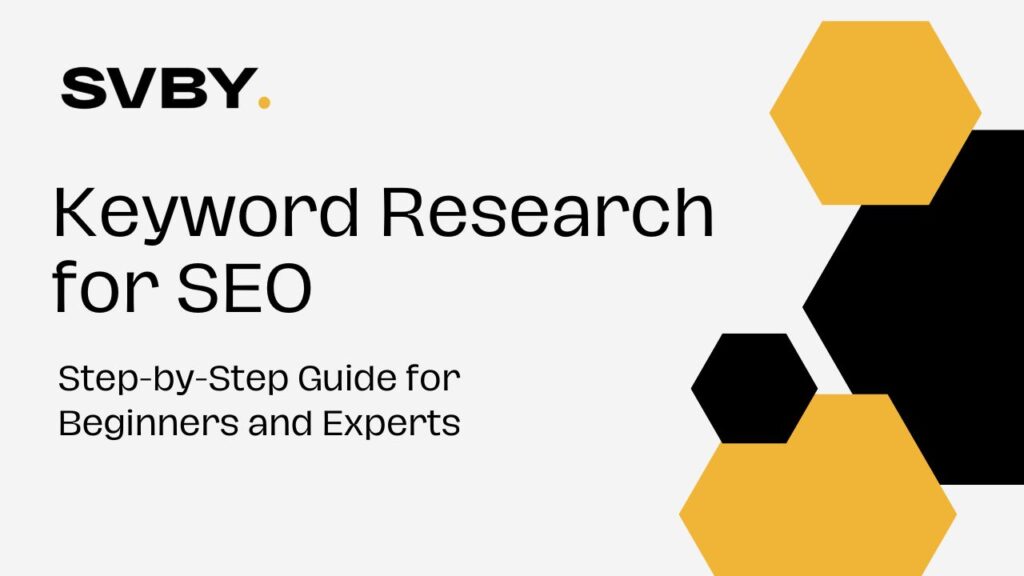The amount of information that is accessible online is growing on a daily basis. The World Wide Web is estimated to contain approximately 64 zettabytes of data, as per Statista. Out of that vast quantity, Google has indexed five terabytes, according to Eric Schmidt, the company’s CEO.
The platform’s algorithm necessitates ongoing innovation to deliver the most pertinent and reliable results, given the vast quantity of information. The user experience is consistently enhanced by the provision of authoritative, valuable, and accurate content through regular updates.
Google’s Quality Rater Guidelines (QRG) are of paramount importance in the process of influencing the search environment and determining the ranking of websites. The world’s foremost search engine once more enhanced its methods of evaluating online information last year. The most recent rumor pertains to the incorporation of a new “E” into the acronym E-A-T, which is a critical factor in Google’s ranking algorithm. This inclusion has elicited inquiry and speculation among web administrators and digital marketers.
In the following section, we will explore the significance of the enigmatic “E” in the new Quality Rater Guidelines and its impact on the expectations of content quality.
Understanding the Search Quality Rater Guidelines (QRG)
Google’s search quality rater guidelines (QRG) are a collection of specifications that provide a detailed set of criteria for the company’s team of human “quality raters.” These guidelines assist them in assessing the significance of the findings. This data is subsequently employed to enhance the platform’s content assessment methodologies. Although the QRG does not have a direct impact on rankings, it is a critical set of principles that enables Google to provide high-quality and pertinent content to those who require it.
What Is E-E-A-T?: Unveiling the New Element
In its Quality Rater Guidelines, Google introduced the concept of E-A-T. It is a critical factor in the platform’s ranking of web pages, particularly for topics that could have a substantial impact on a user’s health, safety, or financial well-being.
E-A-T stands for:
- E (Expertise): Indicates the extent of knowledge that the author or creator of a web page has exhibited. Individuals or organizations that possess an adequate level of expertise in the subject matter should generate content of exceptional quality.
- A (Authoritativeness): Refers to the website’s reputation and authority, as well as the reputation of the content creator. Websites that are regarded as authoritative are those that have established trust and recognition within their respective industries. High-quality content, reputable links, and positive mentions from other authoritative sources can all contribute to the establishment of this authority.
- T (Trustworthiness): Assesses the credibility and dependability of the information displayed on a website. Users should have the assurance that the information they are receiving is reliable, accurate, and free of any deceptive practices.
In December 2022, Google introduced a new E to its E-A-T framework: Experience.
The Role of “Experience” in Google’s Page Quality Rating
The E-E-A-T framework is now incorporated into the Google search quality rater guidelines.
Difference Between Experience and Expertise
When characterizing SEO high-quality content, the terms “experience” and “expertise” are frequently used interchangeably. However, the two concepts have distinct meanings in the context of the new Google search quality rater guidelines.
Expertise is the degree to which the content creator possesses the requisite knowledge of the subject matter, which is a consequence of their education and training. In contrast, experience is the knowledge or skill acquired through participation in or exposure to a particular activity or event(s).
For instance, a patient who has survived cancer is well-equipped to provide guidance and share their perspectives on the condition. Nevertheless, this individual may lack the formal medical expertise necessary to treat cancer, as compared to a trained physician. Although both the cancer survivor and the healthcare professional are capable of generating high-quality content regarding the illness, their evaluations are likely to differ based on their respective levels of expertise and experience.
The Challenge: Producing SEO High Quality Content During the Emergence of AI
The emergence of generative artificial intelligence (AI) has made it more difficult to produce content that is consistent with the current Google quality rater guidelines. Although this innovative technology offers the potential for increased efficiency, it also presents obstacles in terms of the quality required to meet SEO standards.
Content must exhibit experience, expertise, authoritativeness, and trustworthiness in order to satisfy the Google quality rater guidelines, attributes that AI-generated tools are incapable of replicating. AI lacks the personal connection that humans can establish in their SEO-friendly content.
Google published a post in February 2023 that addressed concerns regarding page quality ratings and artificial intelligence. The company recommends that content creators who are contemplating AI generation disseminate original, high-quality content that exemplifies the E-E-A-T qualities.
How To Demonstrate E-E-A-T For Superior Content Quality
The foundation of superior content quality is the understanding of E-E-A-T, which is essential because it directly affects a site’s visibility.
Here are a few strategies to keep in mind in order to further establish your authority, trustworthiness, expertise, and experience in a manner that aligns with the guidelines of Google’s search quality rater.
Reach Out to Subject Matter Experts (SMEs)
Collaborating with subject matter experts is the most effective method of establishing authority. SMEs have a wealth of knowledge and insights that can significantly enhance the content. Citing the expertise of experts, conducting interviews with them, or featuring guest posts can enhance the credibility of your articles and attract a more engaged audience that is seeking authoritative information.
Write for Humans
Please bear in mind that your intended audience is composed of individuals, not algorithms. It is imperative to generate high-quality SEO content that is directly relevant to the requirements and concerns of your readers. It is imperative to offer practical advice, practical hints, and valuable insights in order to enhance the quality rating of your website’s pages.
Showcase Author Experience
In order to establish their credibility within their respective industries, websites must emphasize the expertise of their content creators, authors, and contributors. Incorporate author biographies that underscore their qualifications and accomplishments in the field. Building trust and credibility with your readers is achieved by showcasing the expertise of your team.
Fact-Check and Provide Citations
Conduct an exhaustive fact-checking of your content to guarantee its reliability and accuracy. Provide citations for the data, statistics, or research you have referenced and substantiate your claims with reputable sources. Citations not only substantiate your assertions but also enhance the credibility of your content.
Hire SEO Content Writing Services
The quality and effectiveness of your content can be significantly improved by investing in professional SEO content writing services. While maintaining a legible and engaging tone, writers who have demonstrated experience in creating SEO-friendly content can optimize your articles to comply with Google Quality Rater Guidelines.
Google’s Future Direction With E-E-A-T and Quality Rater Guidelines
It is anticipated that Google will continue to be the world’s foremost provider of valuable information as the digital landscape continues to evolve. The organization’s objective has consistently been to provide search results that are pertinent, timely, and of exceptional quality. In light of this, it is probable that Google will continue to enhance its Quality Rater Guidelines by adding to the foundation of E-E-A-T.
One potential course of action that Google could pursue is to enhance its algorithms’ capacity to identify and evaluate expertise and authority in a variety of subject areas. This could entail the analysis of online reputation signals and the implementation of more sophisticated natural language processing. Furthermore, it is anticipated that the organization will intensify its initiatives to combat low-quality content and misinformation. As the algorithm becomes more advanced, it may be able to more effectively identify and downgrade information that is inaccurate or misleading.
Google has consistently prioritized user intent in its optimization endeavors by encouraging content creators to produce distinctive and engaging content. However, the search engine has maintained a lack of clarity regarding the definitions of “unique” and “compelling.”
“The most effective method of predicting the direction in which Google may go on the E-E-A-T front is to consider the results that you would prefer to see when conducting a search.” The content you are reading should be authored by an individual with a high level of expertise, and you should be confident in the information you are receiving. Hoenig stated.
His subsequent statement was followed by a piece of advice that was beneficial to all writers.
“When creating content, it is crucial to consider all potential questions and concerns that the searcher may have. By showcasing your industry expertise, you are more likely to receive higher rankings from Google.”








